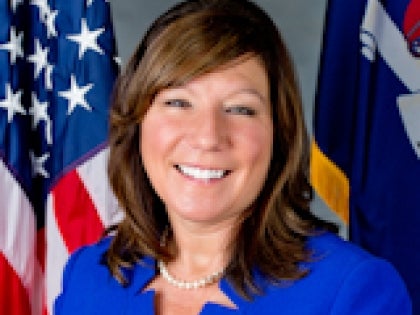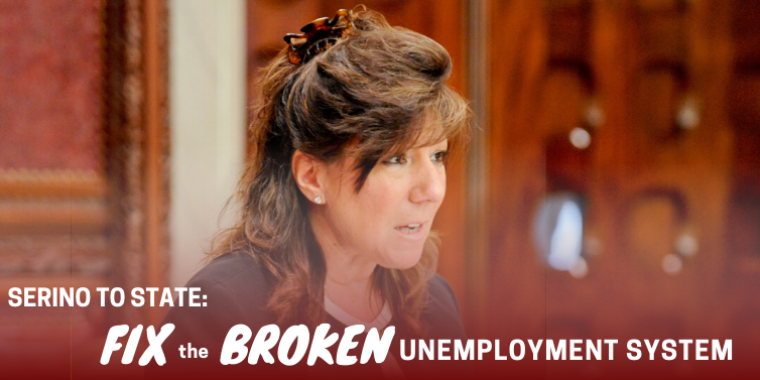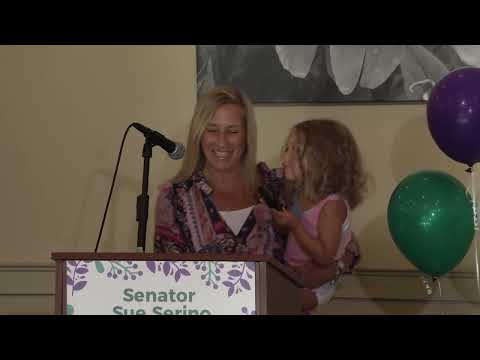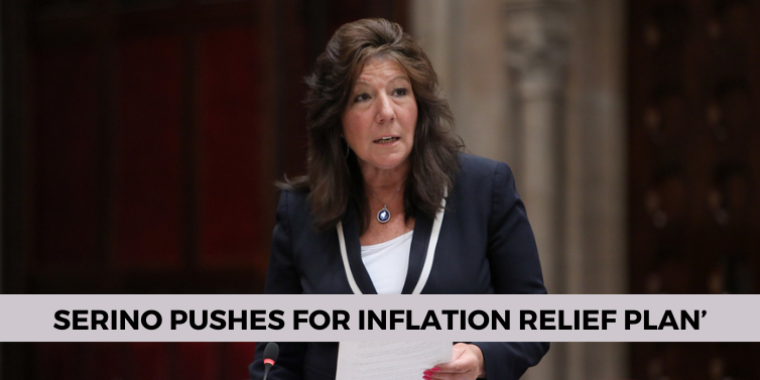
Senator Sue Serino and Assemblyman Colin Schmitt Introduce Legislation to Protect New Yorkers Compromised by Department of Labor Personal Data Leak
July 1, 2020

Washingtonville, NY — Senator Sue Serino (R,C,I- Hyde Park) and Assemblyman Colin Schmitt (R,C, I-New Windsor) today announced the introduction of a bill that aims to protect New Yorkers whose personal information was accidentally leaked by the Department of Labor after applying for unemployment benefits during the COVID-19 crises.
Assemblyman Schmitt drafted this legislation after hearing from a constituent whose private information, including social security number, had been compromised.
In late April the Department of Labor mailed sensitive personal information including social security numbers to the wrong people. Impacted New Yorkers have been offered one year of free credit monitoring but Assemblyman Schmitt and Senator Serino are looking to extend this protection to a full five years for residents impacted by the compromise of their most sensitive personal information.
Senator Sue Serino stated, “I am proud to partner with Assemblyman Colin Schmitt and sponsor this bill in the Senate to extend the protections available to residents whose personal information has been compromised by the Department of Labor. By extending the period covered by free credit monitoring for affected New Yorkers, those impacted will be better protected from the dangers that come with identity theft and breaches like this one. Since the state caused this leak, we must do all we can to protect people in their time of need. Both chambers must pass this legislation when we reconvene for session.”
Assemblyman Colin J. Schmitt stated, “The compromise of sensitive personal information, including social security numbers, can have a long-term negative impact. That is why I am happy to partner with Senator Serino to fight to ensure that the residents impacted by the Department of Labor's leak of personal information are offered a meaningful period of credit monitoring for the next five years. This is the least we can do to ensure New Yorkers who are already dealing with COVID-19 related unemployment do not suffer grave financial and personal consequences from mistakes made by the state.”
-30-
Share this Article or Press Release
Newsroom
Go to Newsroom

